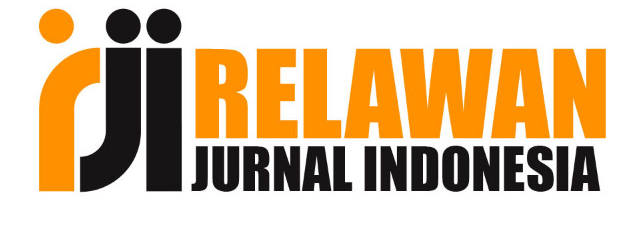Pengaruh Mental Toughness dan Employee Experience Terhadap Organizational Commitment Dengan Psychological Well-Being Sebagai Mediator Pada Karyawan Generasi Z di Jakarta
DOI:
https://doi.org/10.36982/jiegmk.v14i2.3405Abstrak
Organizational commitment is an important factor for companies in improving their productivity and performance. However, there are stereotypes related to the commitment of Generation Z employees who are new to the workplace, namely, a tendency to be disloyal and a low commitment to the organization. The study aims to analyse the impact of Mental Toughness and Employee Experience on Organizational Commitment with Psychological Well-Being as Mediator on Generation Z Employees in Jakarta. Generation Z is the generation of professionals born between 1997 and 2005 who have recently entered the world of work. This research uses analytical techniques with quantitative methods with a survey approach. A sample of 125 Generation Z employees at a start-up company in Jakarta. The research data was collected using a Likert-scale questionnaire that had 25 statement items that included four variables: mental toughness, employee experience, psychological well-being, and organizational commitment. Hypothesis testing uses SEM (Structural Equation Modelling) as well as SPSS and AMOS software to process data. The results of the study show that Mental toughness has a positive influence on Psychological well-being, Employee experience has a positively influenced psychological wellness, Psychological wellness has a negative influence upon Organizational commitment, and Psychological welfare has a mediating influence between mental toughness and Organizational engagement and the absence of Psychological Well-Being as a mediation between employee experience and Organizational commitment.
Unduhan
Diterbitkan
Cara Mengutip
Terbitan
Bagian
Lisensi
Hak Cipta (c) 2023 Fitrinita Rumindang Simanjuntak, Netania Emilisa, Tiara Puspa

Artikel ini berlisensiCreative Commons Attribution-ShareAlike 4.0 International License.
Authors retain copyright and grant the journal right of first publication with the work simultaneously licensed under a Creative Commons Attribution License that allows others to share the work with an acknowledgement of the work's authorship and initial publication in this journal.
Â
Authors are permitted and encouraged to post their work online (e.g., in institutional repositories or on their website) prior to and during the submission process, as it can lead to productive exchanges, as well as earlier and greater citation of published work.
Â
LP2M Indo Global Mandiri University has the right to multiply and distribute the article and every author is not allowed to publish the same article that has been published in this journal.










